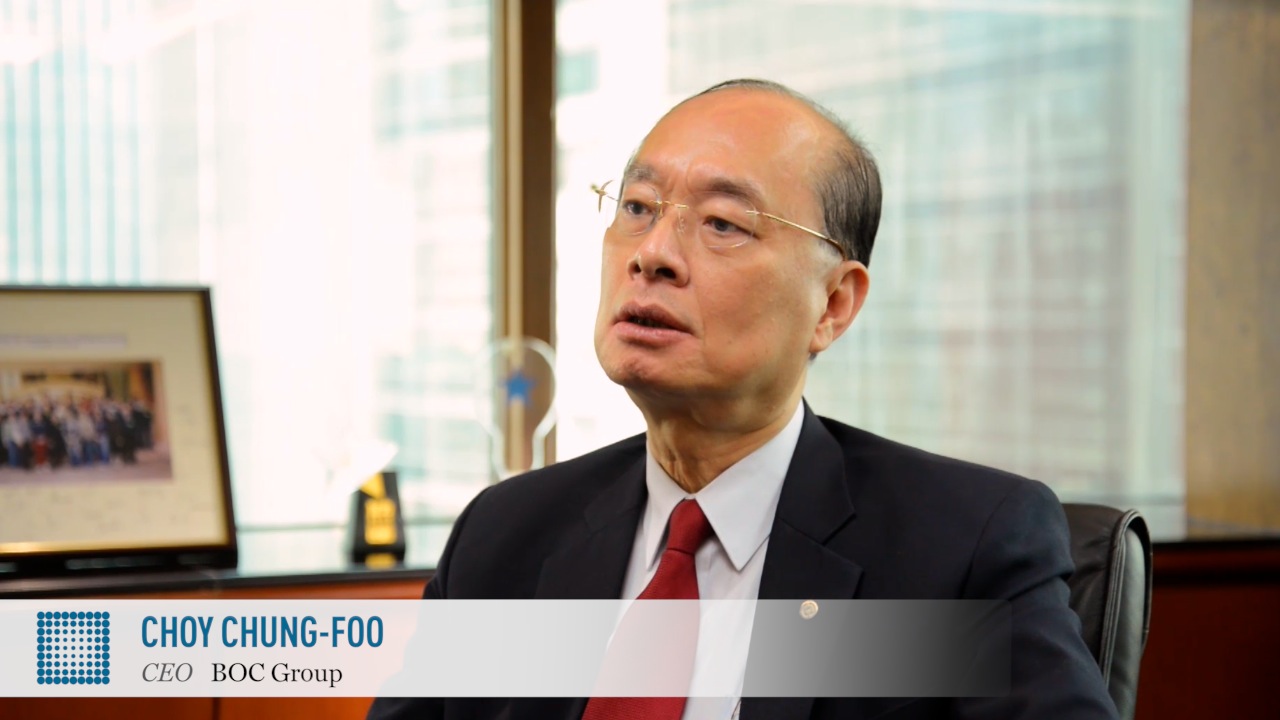Is Hong Kong still the best business gateway into Asia?
As China undergoes rapid economic structural reform, Hong Kong is forced to prove its worth as a key entry point for multinationals in the face of stiff competition
Related:
Transcript
World Finance speaks to a number of experts in Hong Kong on whether the city can retain its popularity as a regional interlocutor.
World Finance: Another busy day begins at international recruiting firm Harvey Nash’s Asia Pacific Office, based in Hong Kong. In just three years its roster has grown five-fold.
Nick Marsh: Our clients are mostly multinational companies from Europe, the UK and the United States or North America. Those companies are currently and continually looking to invest in Asia. They do see China as still an important part of their business. At the same time ASEAN, the whole Southeast Asia region, has grown in importance during the last few years. So now China and ASEAN are seen as equally important.
They are looking to bring in better quality finance directors, sales directors, heads of operations
World Finance: Asia’s middle class has ballooned to 525 million – more than the total population of the European Union, and MNC’s are noticing.
Nick Marsh: Companies are looking to upgrade the quality of the people they hired, that they have running those regions or countries. They are looking to bring in better quality finance directors, sales directors, heads of operations.
But it’s fair to say that many or even most of the bigger multinational companies are looking for really good local talent. They don’t just want expats. They want great Chinese leaders, great Hong Kong leaders, great Malaysian leaders. They want all of those, but they want people with international mindsets and great communication skills.
World Finance: While enthusiasm abounds amongst foreigners looking to break into China through Hong Kong, experts say it’s really the next four to five years that determine whether this high level of expectation is matched with the right level of growth.
Nicholas Kwan: It is moving from an extensive type, export oriented type of development, or high growth development, to a more intensive energy reserved and environmentally friendly and sustainable type of development. Hopefully with the same type of growth but maybe slightly less.
Hong Kong needs to adapt ourselves or it will miss
the boat
This isn’t something you can change overnight, it involves a lot of changes both socially as well as economically.
World Finance: Kwan adds that this is also a decisive moment for Hong Kong. Though it topped the World Bank’s 2014 easy of doing business report, so did another formidable regional rival: Singapore.
Nicholas Kwan: During the transition, Hong Kong needs to adapt ourselves or it will miss the boat. There are new opportunities like China now that want to open up to the world in terms of services, not just trade and manufacturing.
We have to help them to connect with the rest of the world on the finance side, in the logistics side and the analyst services, the legal services, the arbitration services, all these are new development areas in China that need to be grown and expanded.
World Finance: Services the Asia Pacific region will also increasingly demand. Though Deborah Biber, a long time business interlocutor in in Hong Kong, says the regional momentum doesn’t guarantee success.
Deborah Biber: I think one of the biggest issues is the lack of research and a lack of understanding of the market. Everyone thinks China is the big game, and it is the big game. But it’s only the big game if you actually know what you’re doing.
World Finance: And in a city that never sleeps, Hong Kong remains that entry point for so many. Kumutha Ramanathan, reporting for World Finance in Hong Kong.

 HSBC Retirement Monitor helps bridge Hong Kong’s protection gap
HSBC Retirement Monitor helps bridge Hong Kong’s protection gap Choy Chung-Foo on Renminbi insurance | BOC Group Life Assurance | Video
Choy Chung-Foo on Renminbi insurance | BOC Group Life Assurance | Video
